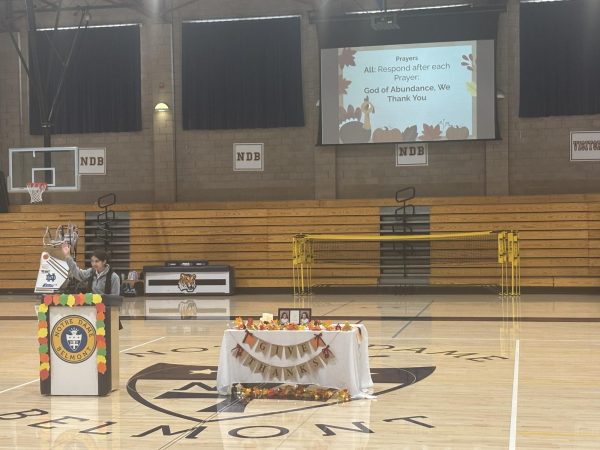Should student leaders have term limits? New rule caps class council officers to only two years in the same position
This student council election season, a new rule was enacted: All class officers can only hold the same position for two years. Opinions on the matter are numerous, but the rule is meant to keep NDB students’ well being in consideration.
Those who are against the implementation of this new rule believe that those who hold high positions in class councils are the ones who truly know their class.
Taking away those leaders can choke up the momentum of a class, especially when the council is used to working alongside one another.
Many wished that the rule would have been better applied to classes beginning in freshman year, and not when the council has just gotten into its groove in sophomore or junior year.
Some students argue that “a vote is a vote,” and that “people still have the ability to run against” the sitting officers.
When an officer is re-elected, it simply goes to show that the leader had made such a memorable impact on the minds of students that the majority chose to be represented by that same leader for another year.
More blunt opinions on the matter aim toward how “high school is not about giving everyone a fair chance.” Instead, it is supposed to make student succeed when integrated into the (unfair) external society. In the specific case of the junior class, all candidates ran unopposed, taking away the point of giving everyone a fair chance.
A large reason students even consider running for student council is due to that boost on college resumes. College counselors preach consistency, yet the inclusion of the two year maximum term can potentially work against students’ application.
Students who support the new decision emphasize that students automatically stick to the status quo — That it is human nature to dislike change.
They believe that “the role of high school is to give students the courage to wander out of their usual comfort zones,” and to “push people to challenge themselves in new ways.”
Without the term limit, the student body could feel “trapped” with leaders who could possibly not be catering the students’ needs (because, whether or not it is noticed by the class, “elections will always be a popularity contest”). The student body would also never have the chance to be exposed to new methods of governing.
Ultimately, all opinions on the matter revolve purely around the welfare of NDB’s students, yet differ through the prizing of certain values above others.









